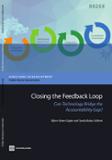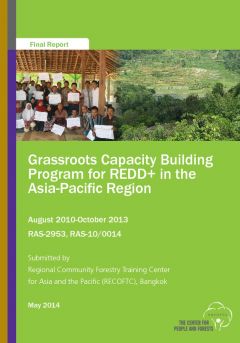Export Profiles of Small Landlocked Countries : A Case Study Focusing on their Implications for Lesotho
World Bank demographic and country
characteristic statistics identify 16 small landlocked
countries that are similar to Lesotho. The authors attempt
to determine what useful policy information can be derived
from the recent trade performance of these
"comparators." Among questions they pose are
whether the trade profiles of the comparators suggest
potentially promising export ventures for Lesotho, do they





